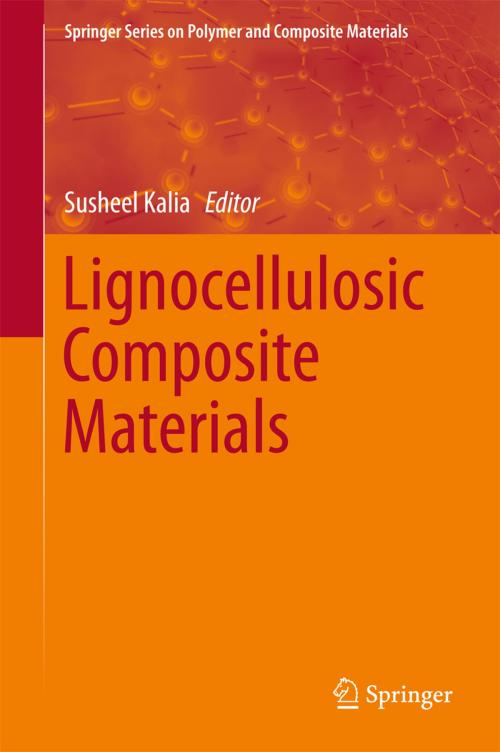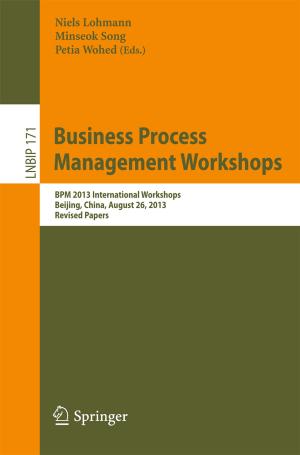Lignocellulosic Composite Materials
Nonfiction, Science & Nature, Technology, Textiles & Polymers, Material Science, Science| Author: | ISBN: | 9783319686967 | |
| Publisher: | Springer International Publishing | Publication: | December 23, 2017 |
| Imprint: | Springer | Language: | English |
| Author: | |
| ISBN: | 9783319686967 |
| Publisher: | Springer International Publishing |
| Publication: | December 23, 2017 |
| Imprint: | Springer |
| Language: | English |
This book comprehensively summarizes important aspects of research in the active field of lignocellulosic (polymer) composites, including polymer materials from or containing cellulose, hemicellulose and lignin. It describes how these materials can be produced from forest products and natural fibers from sources such as jute, flax, sisal, and many more, and even from agricultural residues (like wheat straw, corn stover, or sugarcane bagasse). In times of high demand for renewable green materials, lignocellulosic materials from organic matter produced by trees, shrubs and agricultural crops present a highly attractive feedstock.
The international authors explain different treatment and fabrication methods for the production of lignocellulosic materials. Other chapters address the properties of these green materials or illustrate specific applications, ranging from food packaging and household products to adsorbents and even conductive polymer composites. In this way, this book offers a broad and comprehensive overview over the entire field of lignocellulosic composite materials.
This book comprehensively summarizes important aspects of research in the active field of lignocellulosic (polymer) composites, including polymer materials from or containing cellulose, hemicellulose and lignin. It describes how these materials can be produced from forest products and natural fibers from sources such as jute, flax, sisal, and many more, and even from agricultural residues (like wheat straw, corn stover, or sugarcane bagasse). In times of high demand for renewable green materials, lignocellulosic materials from organic matter produced by trees, shrubs and agricultural crops present a highly attractive feedstock.
The international authors explain different treatment and fabrication methods for the production of lignocellulosic materials. Other chapters address the properties of these green materials or illustrate specific applications, ranging from food packaging and household products to adsorbents and even conductive polymer composites. In this way, this book offers a broad and comprehensive overview over the entire field of lignocellulosic composite materials.















